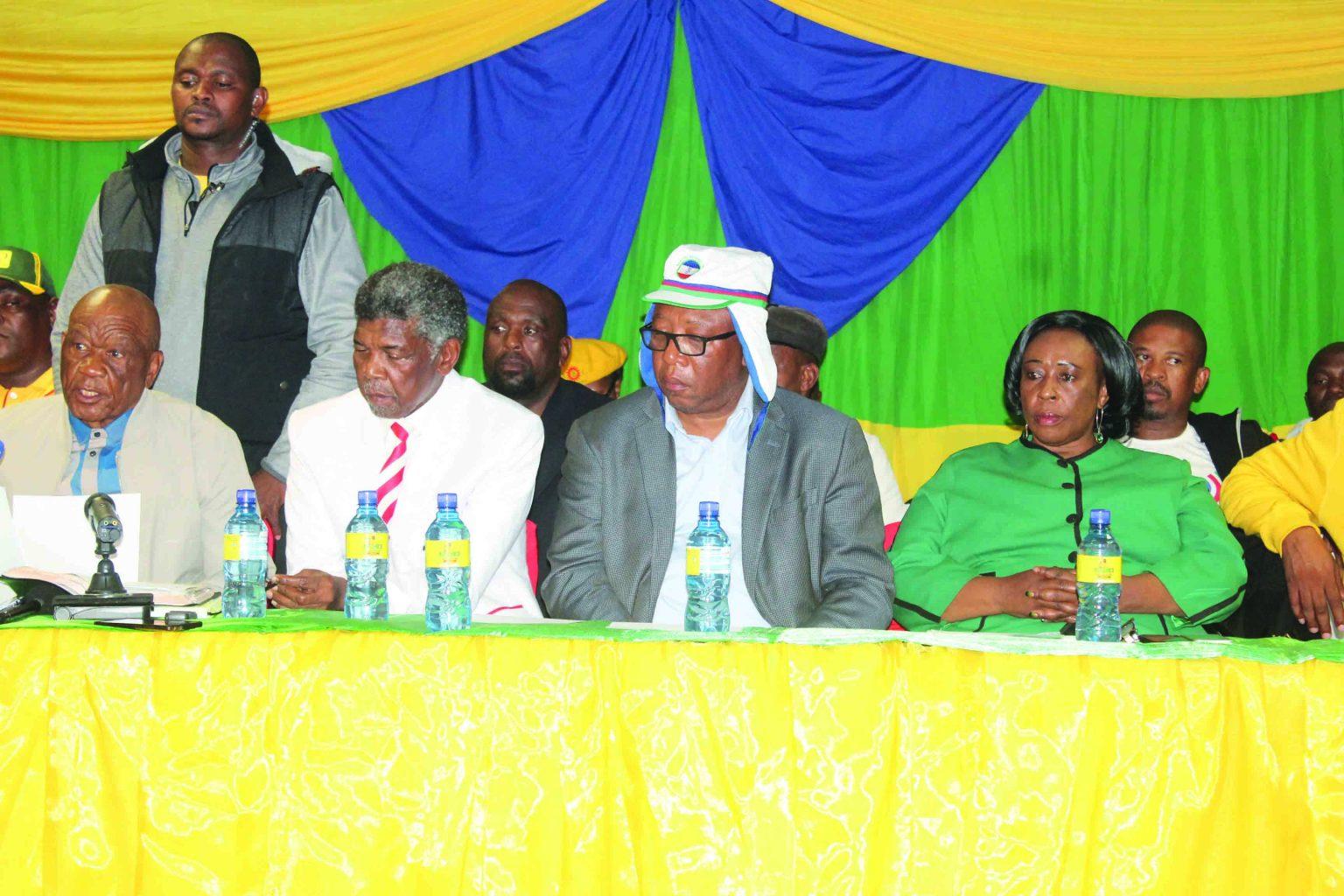Africa-Press – Lesotho. This could be the shortest opinion piece I’ve written for thepost thus far. I mistakenly forgot my computer charger behind when travelling to Lesotho last week and started typing with only 20% left of battery power.
However, I’ll try to hit the nail on the head without wasting time. With reference to last week’s opinion piece about complacency, I forgot to mention one story in relation to Orlando Pirates and a team named Maluti FET College.
Yes, Maluti FET College from Qwaqwa. This was in 2013 and was the very first time I ever heard of the college named Maluti FET College but it made history.
You can even Google the school and see what comes first. So, Orlando Pirates once played against this technical college from Qwaqwa named Maluti FET in a Nedbank Challenge match in 2013.
As you can imagine, Pirates must have thought, “What? Are we playing against a technical college from Qwaqwa? What a joke!” And Maluti FET must have thought, “What? Are we playing against ‘the’ team from the premier league? We have to give it our all.
” Those boys gave Orlando Pirates a serious beating because Pirates became complacent. They just thought, they’ll just glide through and win the game.
Well, much to their disappointment, they were defeated by a bunch of students from Qwaqwa and those boys were overjoyed. After defeating Pirates, it was as if they had won the Nedbank Cup tournament.
I remember, they even demanded a match between Kaizer Chiefs and promised to give it a serious beating as well. I guess they were high from defeating Pirates.
It was as if they were smoking their socks after the game. Aoo! They suddenly crashed out of the tournament soon after their game with Pirates. They became complacent as well thinking they are above the game.
This is the danger of complacency. It gives a false sense of power and security which often leads to arrogance (Ho tella in Sesotho). This is how sports starts, A-class teams and politicians often lose out to their opponents.
This is my number one concern when it comes to the All Basotho Convention (ABC). I see a political party that has become complacent and thinks victory is guaranteed in the next elections.
That is why the ABC seems so nonchalant and not perturbed when it comes to unifying the party leading to the 2022 general elections. As I said, the elections are in about 12-14 months time.
This is the time for political parties to start mobilising resources and showing a united front in order to win the hearts and minds of the electorate.
This is also a time to demonstrate a sense of political stability for potential investors especially after the devastating effects of the Covid-19 pandemic.
However, the current infighting within the All Basotho Convention (ABC) has created a trust deficit towards the party leadership and government at large which includes the coalition partners that make up government.
In my view, this will stimulate a need for options from the electorate to explore political parties that will be seen as serious to fulfill the mandate of providing jobs, economic development, peace and stability, quality education and quality health care.
In a way, we could say the current infighting within the ABC has created a market or demand for smaller political parties to be considered by electorate.
As a result, smaller parties may become king-makers in the coming 2022 general election. This however, may complicate a lot of things. We may see a government made up of a lot of smaller political parties.
This could be a patchwork of smaller parties in a quest to form a coalition government that may be an alternative to the big political parties, more especially the ABC.
Will this be a solution? Certainly not! This may result in more years of stagnation towards development. That’s a very bleak picture on what to expect politically for the term of government, between 2022-2027.
I foresee a very chaotic political climate because of constant infighting of political parties and a very volatile economic climate as a result. But in the midst of all the political uncertainty we are all facing, my prediction is that the ABC will lose a sizable chunk of rural constituencies mainly due to the wool and mohair blunder.
This then gives Deputy Prime Minister Mokhothu of the Democratic Congress (DC) an edge over his coalition partners in the current coalition government.
My take is that DP Mokhothu stands a very good chance of being the next prime minister of Lesotho. This is because the DC is playing this game very well and tactically.
If you are looking for lucrative tenders to supply government, you might as well starting licking Mr Mokhothu’s shoes as early as now. The Democratic Congress is playing all its cards next to its chest and showing a very united front and this is what the electorate wants.
No one will vote for a party that is fighting itself in the run-up to the elections. It lowers the level of confidence and yes, it creates a trust deficit.
In conclusion, history has taught us that since the inception of coalition the government from the year 2012, Lesotho has been on a slippery decline in terms of development.
Have we learnt any valuable lessons since 2012? We could easily say that coalition governments are bad for development. Simply because, there are varying objectives and intentions from each party that constitute a coalition government.
Will Lesotho ever defeat the three-headed monster named Poverty, Unemployment and Inequality? Certainly not under the current political climate and my take is that unemployment will be with Lesotho for some time to come.
This is because coalition politics undermine the need for development. This then brings the question about the effectiveness of democracy in a developing state/country. Is democracy really a solution for a developing country? History has taught us that the answer is one big NO!
For More News And Analysis About Lesotho Follow Africa-Press






